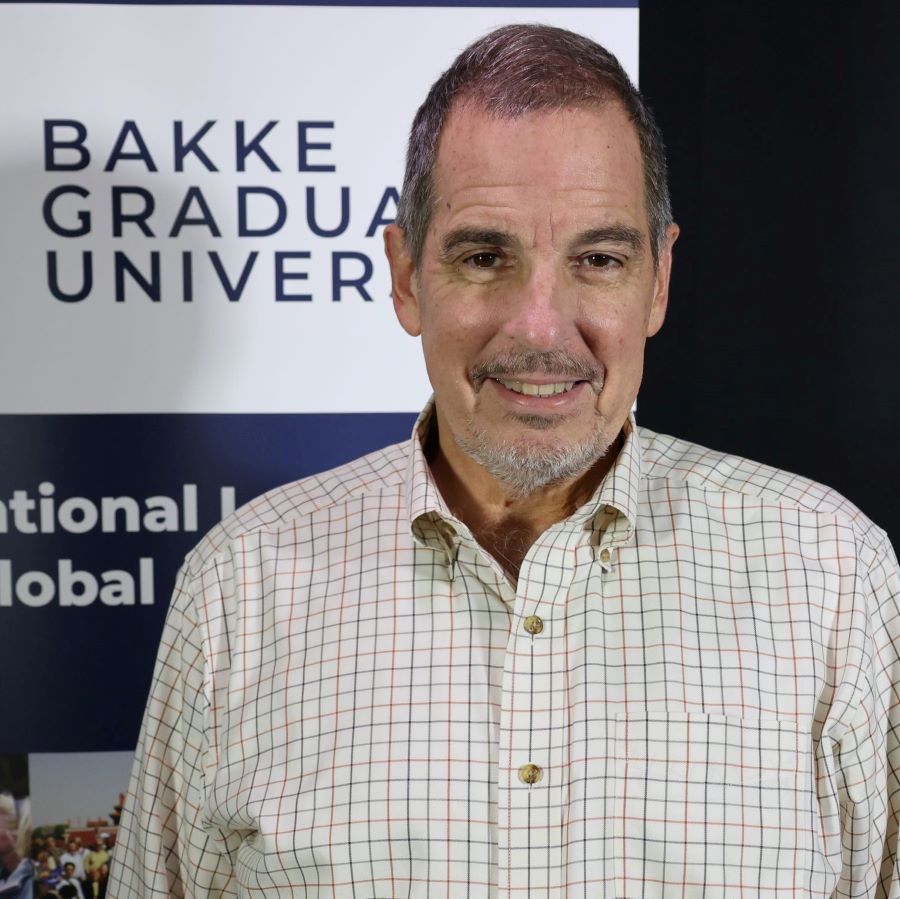In Mathew 7:1-5, Jesus speaks about not judging others, and removing the log in our own eye before removing a speck out of the eyes of others. This passage certainly convicts me personally. Yet it also applies to my community.
We naturally tend to spend time with people who think like us. We often live in communities with like-minded people with whom we are most comfortable. Our closest friends tend to be people we don’t have to explain ourselves to. We collect in local churches that fit our style and culture. Our web browsers chose news stories for us based upon our past viewing patterns so that over time our biases are reinforced as we increasingly see viewpoints we already agree with.
BGU has a vision for students, “Don’t just study ABOUT the world. Study WITH the world.” In 2011 BGU made intentional efforts to learn and apply video conferencing technology and teaching methods in order to better connect global students. By mid-2013 we were experimenting with Zoom alongside Skype and other technologies and were avid Zoom users 5 years before the COVID pandemic.
In those early days of exploring videoconferencing, we had an internal debate that for us that tended to fall into a “male” camp that focused on finding the best technology, and a “female” camp that said it was all about relational online processes. That latter view understood complicated tech often distracted from the more important tasks of community building. Fortunately, the “female” camp won the day.
Even with online courses, until the COVID pandemic, we never stopped meeting face-to-face in city immersions, local cohort, and mentoring sessions. The robust online sessions seemed to make the face-to-face learning so much better and vice-versa. People meet each other for the first time in airports after weeks of online sessions with hugs and laughter as if they have been life-long friends. Students who came from all over the world for a city immersion four years ago still have an active WhatsApp group sharing life together. This last spring, we’ve restarted our city immersions in Amsterdam and one immersion is planned for November 4-13 in Memphis Tennessee, USA.
A city immersion is disruptive. An online course with students from over eight time-zones is disruptive. There are accents that require hard listening. There are “odd” perspectives that create confusion and raise questions. There are cultural norms that contrast and conflict. It has been said, “God offers us a personal relationship, but we seek a preferential relationship.” For some, it is uncomfortable to learn that God loves, blesses, and delights in His people who are very different than us and that we don’t have an ultimate insight into God, or truth, or what delights Him.
Yet this disruption also allows us to be more at rest with understanding the community application of Matthew 7. In a BGU webinar, a discussion got increasingly tense as US participants debated strongly felt feelings about the January 6, 2021 Capitol Building insurrection/riot. An African leader broke into the debate with these words, “As you know, I live in a nation that is often listed as one of the top ten most corrupt governments in the world. We experience violence often. I am never tempted to place citizenship in my country, or my political party above my identity as a citizen of the Kingdom of God. Perhaps this January 6 event is a gift from God to you to be less inclined to place your US citizenship, or your political party affiliation, above your true identity as a citizen of heaven.”
Following these words, we all became quiet and reflective. The rest of the webinar involved curious questions and less opinionated statements. Wise words from across the ocean helped us see the log in our own eye.

Dr. Brad Smith
President